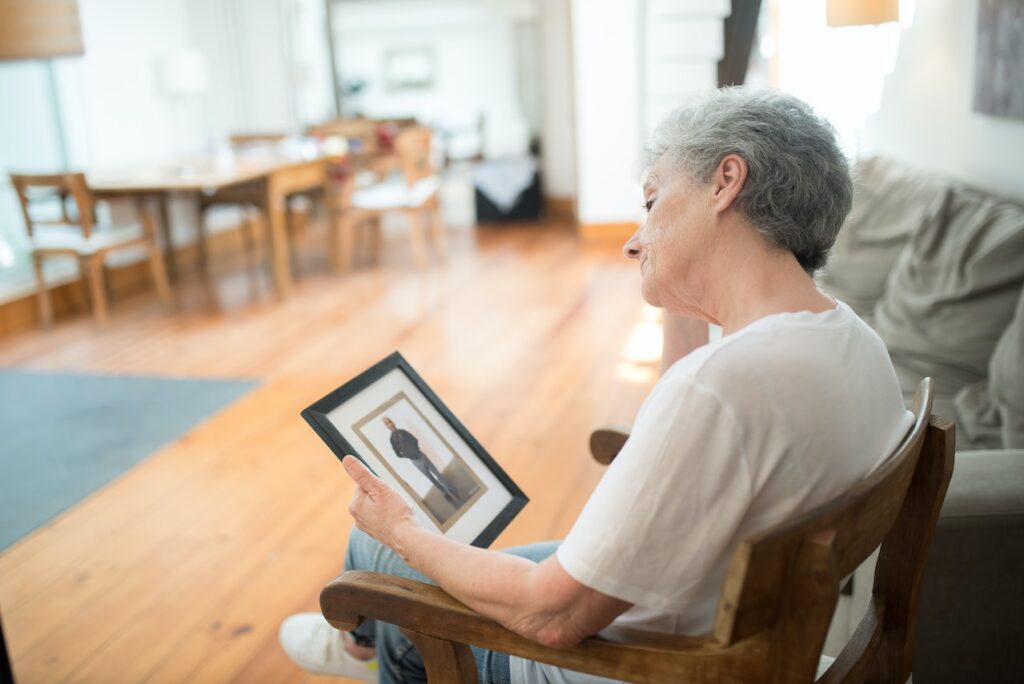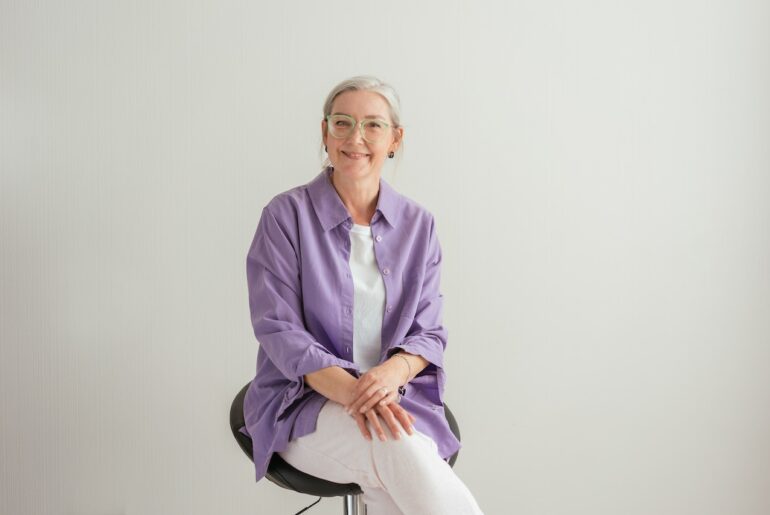The quality of professional elderly care is crucial in enhancing the comfort of older people. Research reveals that the world’s population aged 65 years and over outnumbers many more younger age group. Over the years, it has become increasingly important for families to provide the best care for loved ones in their golden years. Their care usually involves emotional, physical, psychological, and financial help. Unfortunately, elderly care has many challenges, making identifying and overcoming them crucial. Here are some worth knowing.
- Loneliness and social isolation

Social isolation is common among older adults, especially as children become adults and move out of their parent’s homes. As empty-nesters age and limit their social circles, they unintentionally withdraw from society. Many people in their golden years say the gradual seclusion from society often starts as a need not to worry others about certain demands. For example, due to mobility issues, an elderly person may want someone to deliver groceries at home but worry that it will inconvenience others. As this internal battle continues, old people inadvertently withdraw from society and risk feeling lonely. Indeed, physical limitation is a primary reason for many cases of social isolation and loneliness. However, that can be resolved by creating opportunities where older people can interact with their peers for companionship. As a primary caregiver, you must be aware of an elderly person’s mental health, especially because that can indicate that social isolation harms them.
- Financial strain and access to resources
Many elderly persons are out of work, potentially meaning they do not have income at the end of the month. That poses many issues that may need finances to resolve them. For example, healthcare costs, housing, and essential elderly services must be paid for to improve quality of life. Unfortunately, ill health cannot be ignored in older adults, making it important to attend to them promptly. At some point, it may become useful for an ageing person to move into a care home, which costs money. Fortunately, with specialised at-home care, elderly persons can age in place and on their terms. The advantage is that they may not have to move into a facility. On the contrary, they can be at home to receive the best elderly care as much as possible. That comes at a reduced cost than moving entirely into an old people’s home.
- Managing chronic health conditions
Geriatric health reports indicate that 66% of older persons have at least one chronic health condition by age sixty-five. By seventy years, a person in those golden years already deals with health issues like diabetes and a bone condition. Ageing women, particularly, are diagnosed with arthritis or osteoporosis by age sixty-three. As you age, your hearing begins to decline, whether it’s ringing in ears or full hearing loss, this can also lead to isolation, as mentioned earlier. Chronic health conditions are difficult to manage, even in younger persons. Therefore, imagine how challenging it can be for someone approaching the twilight years. Again, research shows that 4 in 5 elderly people live with varying degrees of memory impairment or amnesia. Cognitive decline makes it difficult for them to adhere to medication timelines and treatment plans. Unfortunately, it has a ripple effect on managing certain chronic health conditions effectively. Fortunately, there is a way around this only if you use a comprehensive healthcare approach. That involves incorporating regular health checks into an elderly person’s schedule and promptly addressing concerns.
Thankfully, these challenges are surmountable and increase the chances of helping older adults live an improved quality of life.










Comments are closed.